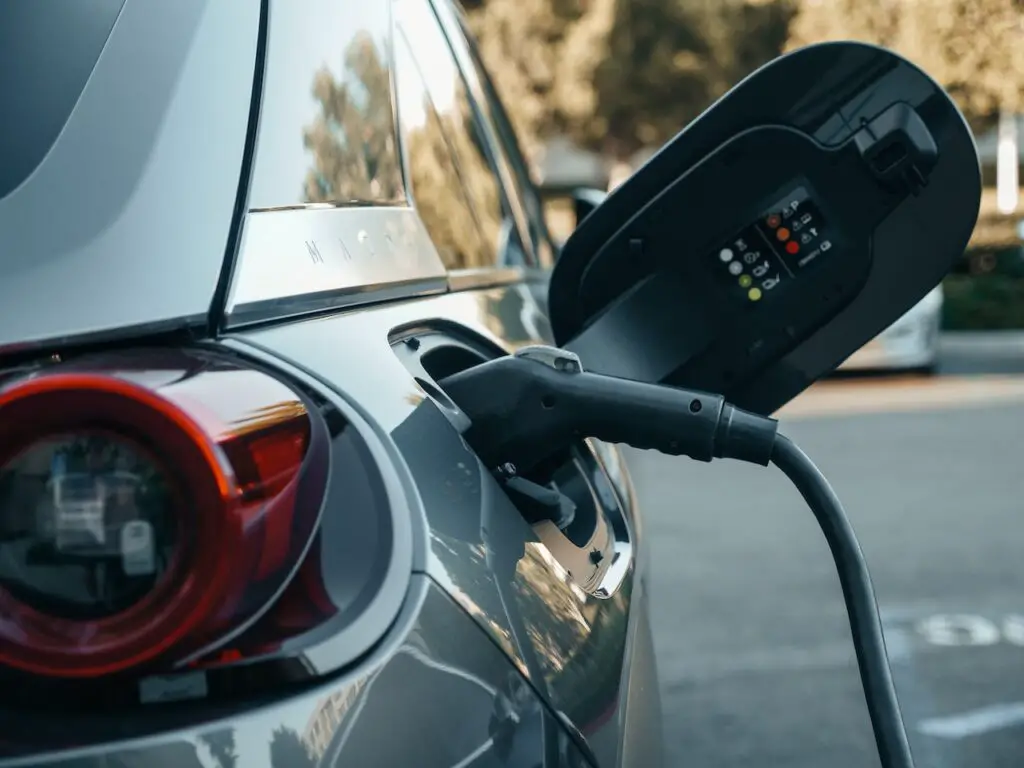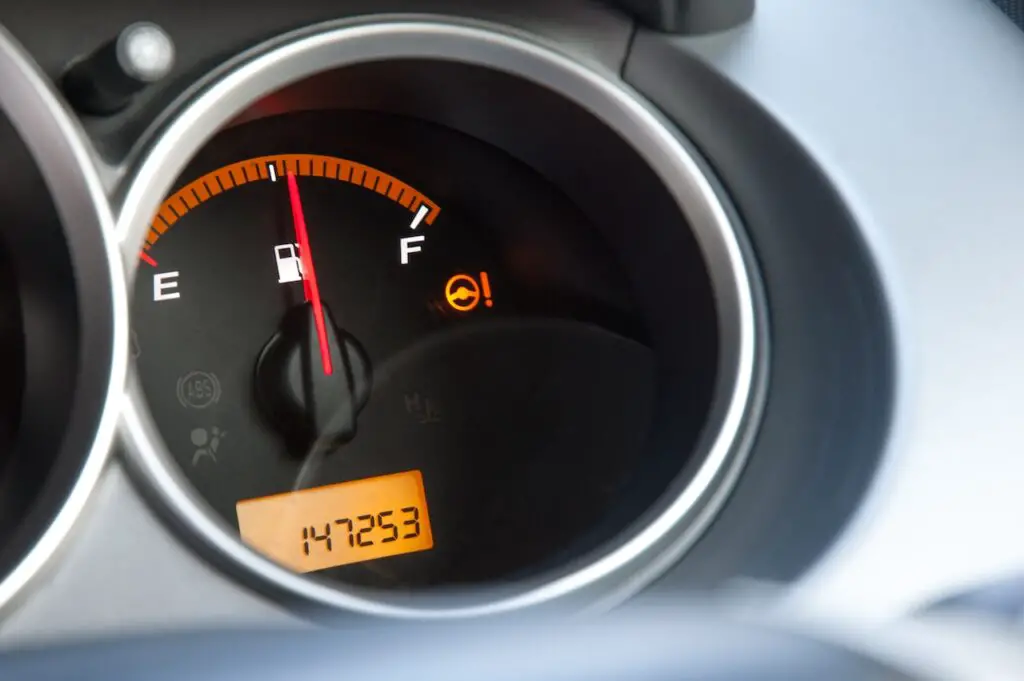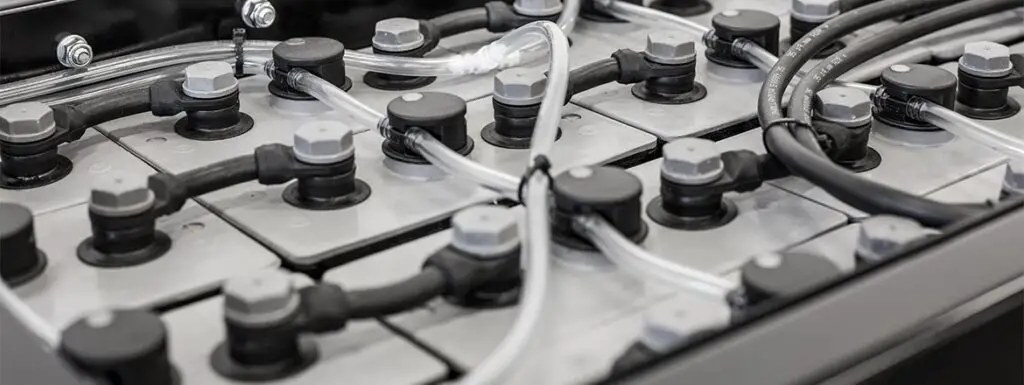Hybrid cars have become increasingly popular in recent years as people become more concerned about the environment and look for ways to reduce their carbon footprint. They are a combination of gasoline-powered engines and electric motors, which work together to provide power to the vehicle. This combination of power sources allows hybrid cars to be more fuel-efficient and emit fewer pollutants than traditional gasoline-powered cars.
However, despite their many benefits, there are some downsides to owning a hybrid car that you should be aware of. One of the main disadvantages of a hybrid car is the higher upfront cost compared to traditional gasoline-powered cars. Hybrid cars typically cost more due to their more complex technology and the cost of the batteries, which are necessary to power the electric motor.
Another potential downside of a hybrid car is that they may not be as powerful as traditional gasoline-powered cars. While hybrids are designed to be fuel-efficient, this often comes at the cost of performance. Hybrid cars may not be as fast or responsive as traditional cars, which can be a concern for some drivers. Additionally, hybrid cars may require more maintenance and repairs due to their more complex technology, which can be more expensive in the long run.

Environmental Impact
Hybrid cars are often touted as an environmentally friendly option, but they are not without their downsides. The production and disposal of hybrid car batteries can have a significant impact on the environment.
Battery Production
The production of hybrid car batteries requires a significant amount of energy and resources. The production process can result in greenhouse gas emissions and the release of toxic chemicals into the environment. Additionally, the mining of materials used in hybrid car batteries can have negative impacts on local ecosystems and communities.
Despite these drawbacks, the environmental impact of battery production can be reduced through the use of sustainable materials and manufacturing processes. Some hybrid car manufacturers are working to develop more sustainable battery options, such as those made from recycled materials or using renewable energy sources in the production process.
Disposal
When hybrid car batteries reach the end of their useful life, they must be disposed of properly. Improper disposal can result in the release of toxic chemicals into the environment and can harm local ecosystems and communities. Hybrid car batteries are considered hazardous waste and must be disposed of according to strict regulations.
Fortunately, many hybrid car manufacturers offer battery recycling programs to ensure that batteries are disposed of properly. These programs can help to reduce the environmental impact of hybrid car batteries and ensure that valuable materials are recovered and reused.
Performance
When it comes to the performance of hybrid cars, there are a few things to consider. In general, hybrids offer good performance, but there are some differences compared to traditional gas-powered cars.
Acceleration
Hybrid cars tend to have good acceleration, thanks to the instant torque provided by the electric motor. However, some hybrids may have less powerful engines than their gas-only counterparts, which can affect acceleration. For example, the Toyota Prius is known for its fuel efficiency, but it’s not the quickest car on the road.
Braking
One of the advantages of hybrid cars is regenerative braking, which captures energy that would otherwise be lost during braking and uses it to recharge the battery. This can make the brakes feel different than traditional brakes, but it also means that hybrids can often stop more quickly than gas-only cars.
Overall, the performance of hybrid cars is generally good, but there can be some trade-offs depending on the specific model. If you’re looking for a car with quick acceleration or sporty handling, a hybrid may not be the best choice. However, if you’re more concerned with fuel efficiency and reducing your carbon footprint, a hybrid car can be a great option.
Maintenance and Repairs
Hybrid cars are not significantly more expensive to maintain than conventional gasoline cars. In fact, some hybrid models may require less maintenance than their gasoline counterparts. However, there are a few differences in maintenance and repairs you should be aware of.
Battery Replacement
The battery pack in a hybrid car is a significant component and will eventually need to be replaced. However, most manufacturers offer a warranty on the battery pack that lasts for several years. If the battery fails within the warranty period, the manufacturer will replace it for free.
Once the warranty period has expired, the cost of replacing the battery pack can be significant. However, some manufacturers offer a battery replacement program that can reduce the cost of a new battery pack. Additionally, there are third-party companies that specialize in rebuilding hybrid batteries for a lower cost than buying a new one.
Specialized Maintenance
Hybrid cars have some specialized components that require specific maintenance procedures. For example, the electric motor and transmission require special fluids that must be changed periodically. Additionally, the cooling system for the battery pack requires regular maintenance to ensure it is functioning properly.
Not all mechanics are trained to work on hybrid cars, so it’s important to find a mechanic who has experience with hybrid vehicles. This may mean going to a dealership or finding a specialized hybrid repair shop. However, routine maintenance tasks like oil changes and tire rotations can usually be performed at any mechanic.
Cost
If you’re considering buying a hybrid car, one of the biggest concerns you may have is the cost. While hybrid cars have many benefits, they do tend to cost more upfront than traditional gasoline-powered cars. However, there are also some potential cost savings that come along with owning a hybrid car.
Upfront Cost
Hybrid cars are generally more expensive than their non-hybrid counterparts. According to Lemonade Car, this is because of the extra research and development costs that go into creating the hybrid technology. Additionally, hybrid cars often come with more features and options than traditional cars, which can also drive up the cost.
However, it’s important to note that the cost of hybrid cars has been decreasing over the years. As the technology becomes more commonplace, manufacturers are able to produce hybrids at a lower cost. And while hybrid cars may cost more upfront, you may be able to recoup some of that cost through fuel savings.
Fuel Savings
One of the biggest advantages of owning a hybrid car is the potential for fuel savings. Because hybrid cars use a combination of gasoline and electric power, they are typically more fuel-efficient than traditional cars. The exact amount of fuel savings will depend on factors like the make and model of the car, as well as your driving habits.
According to EnergySage Blog, you can expect to pay more upfront for a hybrid car, but you may be able to make up for that cost through fuel savings over time. Additionally, some states offer tax incentives for purchasing a hybrid car, which can help offset the cost.
It’s important to note that while hybrid cars are more fuel-efficient than traditional cars, they may not be the most cost-effective option for everyone. If you don’t drive very much, or if you primarily drive on the highway where you’re not able to take advantage of the electric power, a hybrid car may not be the best choice for you.
Conclusion
Hybrid cars offer a lot of benefits, such as better fuel efficiency, lower emissions, and reduced maintenance costs. However, they also have their downsides, such as higher upfront costs and potentially lower performance.
When deciding whether to buy a hybrid car, it’s important to consider your individual needs and priorities. If you prioritize fuel efficiency and environmental friendliness, a hybrid car might be a good choice for you. However, if you prioritize performance or have a limited budget, a traditional gasoline-powered car might be a better fit.
It’s also worth noting that hybrid technology is constantly evolving, and newer models may offer improved performance and efficiency. Be sure to do your research and consider all the options available to you before making a decision.
Overall, hybrid cars can be a great choice for those looking to reduce their environmental impact and save money on fuel costs. However, they may not be the best fit for everyone. Consider your individual needs and priorities before making a decision.




